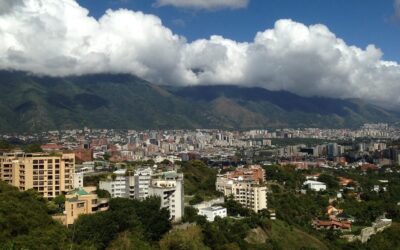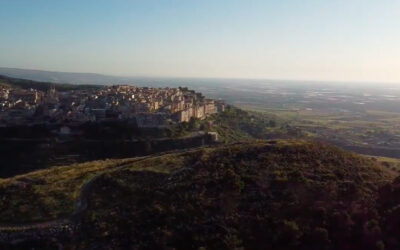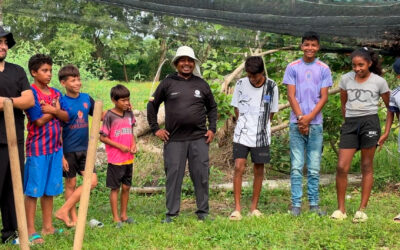 «I am a doctor specialized in infectious diseases, and I’ve been in contact with HIV positive and AIDS patients for the past 30 years. I deal with this pathology in the hospital where I work in Kinshasa, the capital of Congo.
«I am a doctor specialized in infectious diseases, and I’ve been in contact with HIV positive and AIDS patients for the past 30 years. I deal with this pathology in the hospital where I work in Kinshasa, the capital of Congo.
I learned very early on in life to participate in the transformation of the society I live in. Thus one of the objectives of my life has been to create a new and just society in which the human person is the focus and there is concern for all members of the community. I decided to become a doctor in order to put myself at the service of my brothers and sisters.
When I finished my studies in medicine, I found myself having to face a tremendous challenge: working conditions were increasingly degrading, earnings were negligible. The material earnings for a doctor did not lead to professional conscientiousness and honesty. The only way to survive was to work in international organizations or in private clinics.
Many of my medical colleagues emigrated to Europe or to the United States. At one point I was tempted to do the same. After talking it over with my wife, we decided to stay in our country and accept the situation: poor patients, difficult working conditions, lack of materials and at times, insidious corruption.
I found courage in working together with doctors of the Focolare Movement and others who, like me, had the patient’s well-being at heart.In the beginning we were frightened by the possibility of being infected by the virus: poor hygienic conditions and inadequate healthcare structures did not offer any guarantee. During that period, our country was immersed in a socio-economic and political crisis. We no longer received any international aid. Then the war broke out with the load of dramas that every conflict brings. It was very difficult to treat the patients with AIDS, but we continued and it was really an opportunity to live love in a concrete way.
Our activities concretely focused on the treatment and prevention of AIDS.
With regard to the treatment of AIDS patients, with the help of AMU, we were able to build a complete healthcare facility with a lab for analyses. Furthermore, a treatment program began based on specific medicines, finally available also in Africa and guaranteed to everyone, including the poorest. Everything was the result of recent choices made by the UN to implement strategies aimed at defeating AIDS.
With regard to prevention, a systematic formation program began for educators and advertisement specialists aimed at intervening on the psychological, sociological and moral levels with young people and families, so as to bring about a change of behaviour in the population. The main content of the courses consists in giving complete and correct information on the transmission and prevention of the virus.
In fact, some think that it comes from manipulations of lab tests; others see it as coming from God because of sin, almost like a sort of punishment. These ideas, often linked to the African culture, are very difficult to weed out. This is why we try to go more deeply into the origin of the illness, the effects of the virus on the immune system and the means for preventing AIDS.
Besides the development of productive activities to improve basic nutrition, we also tried to guarantee psycho-social support for the patients and their families».
(M.M. Congo)




0 Comments